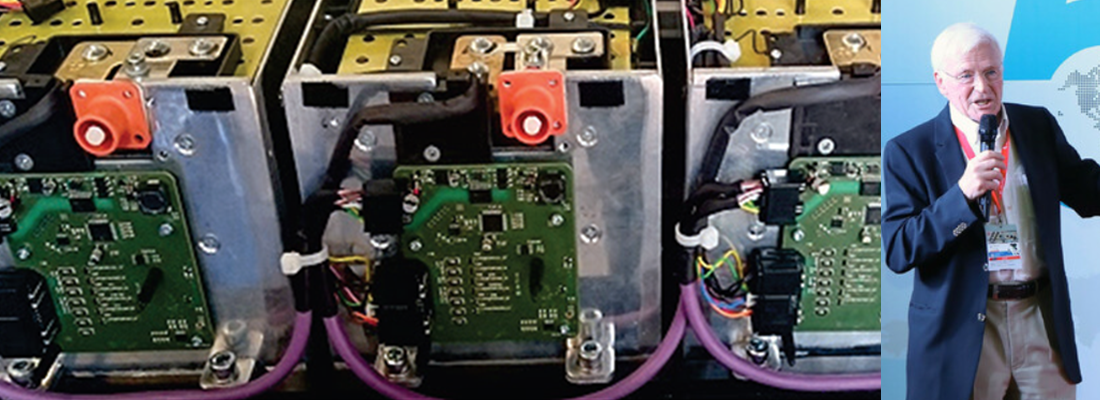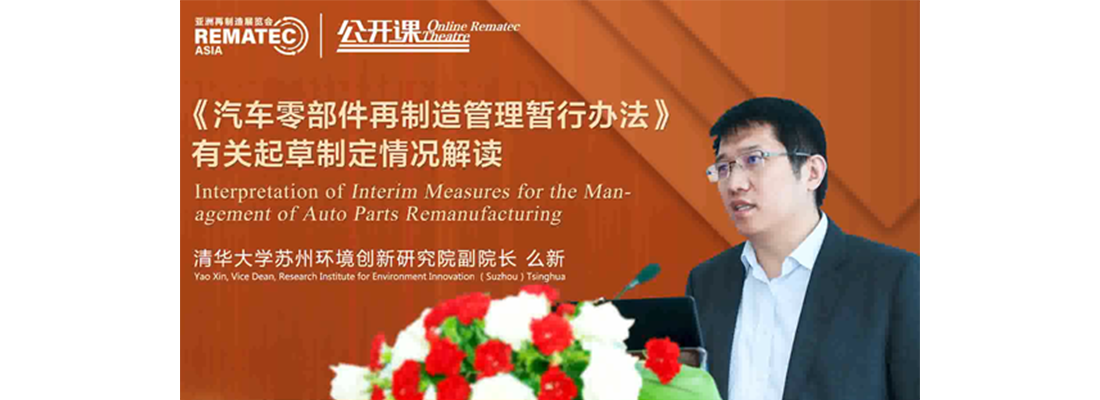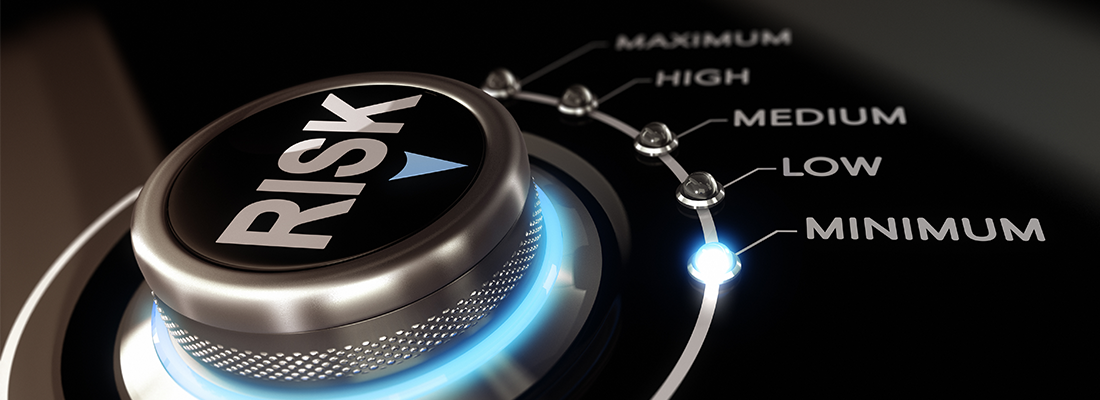Electric vehicle tyres, technology adapts to innovation
Electric vehicles and low-emission hybrid vehicles are driving the transformation of our current mobility landscape. To ensure optimal performance for electric vehicles, certain aspects of the tyre must be addressed. The tyre-related requirements vary depending on the vehicle concept, so let's learn about changing tyre requirements and tyre innovations that meet the demands of the electric age.
Greater weight and torque, how they affect the tyres
Compared to combustion vehicles, electric drive technology reduces engine noise, emissions, maintenance, and operating costs. However, one of the many advantages of electric vehicles is a noticeable increase in weight. Batteries are heavy, which puts additional strain on electric car tyres. Torque from an electric engine can be both positive and negative. On the one hand, it indicates instant acceleration. On the other hand, the high instant torque puts extra strain on the tyres.
Tyre innovations address the primary challenges posed by electric vehicles
Tyres for electric vehicles carry a heavier load and must withstand high instant torque, resulting in increased tyre wear, necessitating stronger constructions and more durable rubber compounds. Greater mass and inertia result in a longer braking distance, so we focus on optimal grip. With high instant torque, increased weight, a long range, and lower emissions, there is an even greater need for low rolling resistance, so electric car tyres provide a smoother, more energy-efficient, and low-impact ride.
A guide to electric and hybrid car tyres
Choosing the right tyres for electric vehicles is critical to improving EV efficiency, braking performance, and mileage. Here's what to think about when buying new tyres for an electric or hybrid vehicle.
By purchasing a BEV or hybrid vehicle, you have already invested in the future of mobility. Round out your cutting-edge vehicle with forward-thinking equipment by selecting tyres designed to complement electric vehicle technology. Premium tyre lines from top manufacturers, with cutting-edge tyre technologies, already meet the tyre requirements of today's electric vehicles.
Purchasing tyres that can support the weight of your vehicle is always important, but it is especially critical when selecting an electric car tyre. Effectively, because of the weight of EVs, you require stronger tyres. Consider XL tyres, which are designed specifically for heavy loads.
The rolling resistance of a tyre is especially important for electric vehicles. Lower rolling resistance means more electric range and efficiency, all while contributing to your vehicle's overall sustainability. The best solution would be to strike the right balance between tyre size and component distribution. A high-tech compound creates strong connections between the silica and the rubber. This enables optimal adaptation to changing road conditions, ultimately improving the tyre's rolling resistance and consumption. More weight also results in a longer braking distance.
A good tyre can compensate for this, so it is critical to use the best possible rubber compound, such as one with grip additives, to improve braking performance, even on the heaviest electric vehicles.
Low noise tyres and torque for electric vehicles
In the absence of engine noise, low noise tyres contribute to a smooth and silent driving experience by reducing tyre noise transfer to the passenger cabin. The best tyre companies have been developing tyre noise-reducing technology, which is intended to reduce interior noise on all road surfaces, resulting in increased comfort. It reduces interior vehicle noise by up to 9 dB(A), depending on the vehicle type, speed, and road surface. Electric vehicles have instant torque, which means they accelerate as soon as you press the accelerator pedal.
However, electric vehicles' high instant torque can lead to increased wear and tear. In addition to providing good grip, the rubber compound used in EV tyres must also have low rolling resistance.
State-of-the-art tyre for electric cars
Tyre innovation specialists have met the challenges of the mobility revolution. The current market for electric vehicle tyres addresses the specific issues raised by EVs and hybrids' increased weight. It contributes to balancing the requirements for low rolling resistance, high grip, and durability. Furthermore, premium tyres with cutting-edge tyre technologies meet the tyre requirements of today's electric vehicles.
Protecting, caring for, and maintaining electric car tyres
Maintenance is especially important for increasing the longevity of electric vehicle tyres. Check the air pressure of your electric vehicle tyres on a regular basis and adjust as needed, just like you would with any other tyre. Correct wheel alignment reduces tyre wear and should be checked every six months, or sooner if you've hit a curb, pothole or other obstacle. An expert can check for excessive wear, particularly on the inside edge of the tyre, and recommend alignment or rotation as needed. If possible, replace the tyres with original equipment models, which were not only designed for the needs of electric vehicles, but were also specifically made to fit the model you are driving.
Share your remanufacturing stories with us
Do you have an innovation, research results or an other interesting topic you would like to share with the remanufacturing industry? The Rematec website and social media channels are a great platform to showcase your stories!
Please contact our Brand Marketing Manager.
Are you an Rematec exhibitor?
Make sure you add your latest press releases to your Company Profile in the Exhibitor Portal for free exposure.





